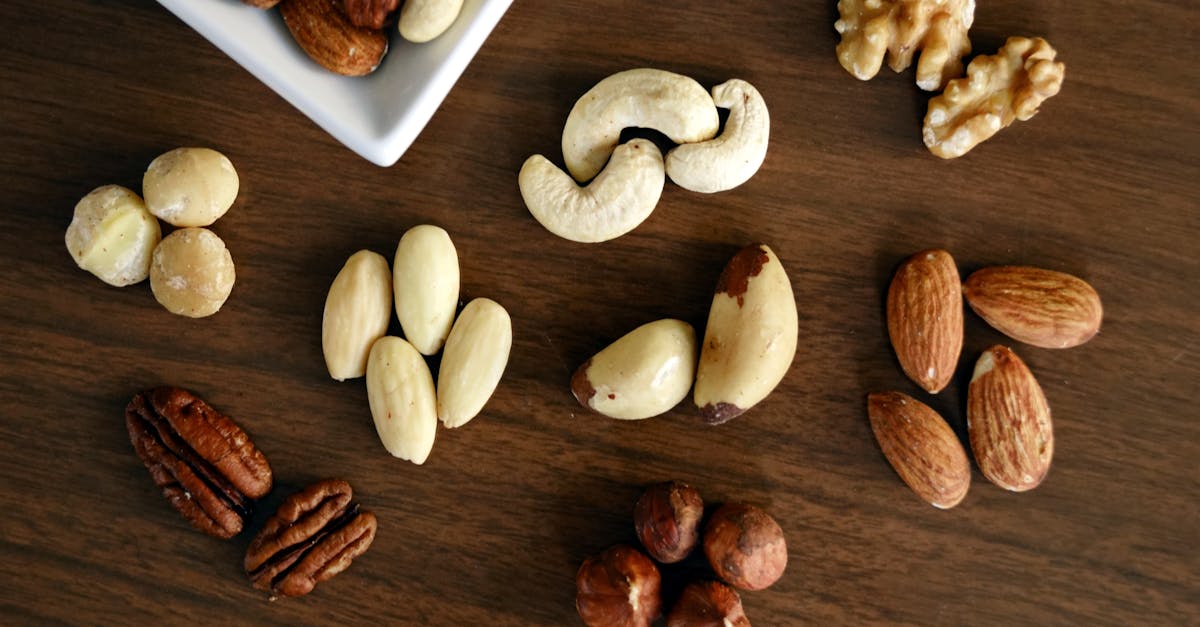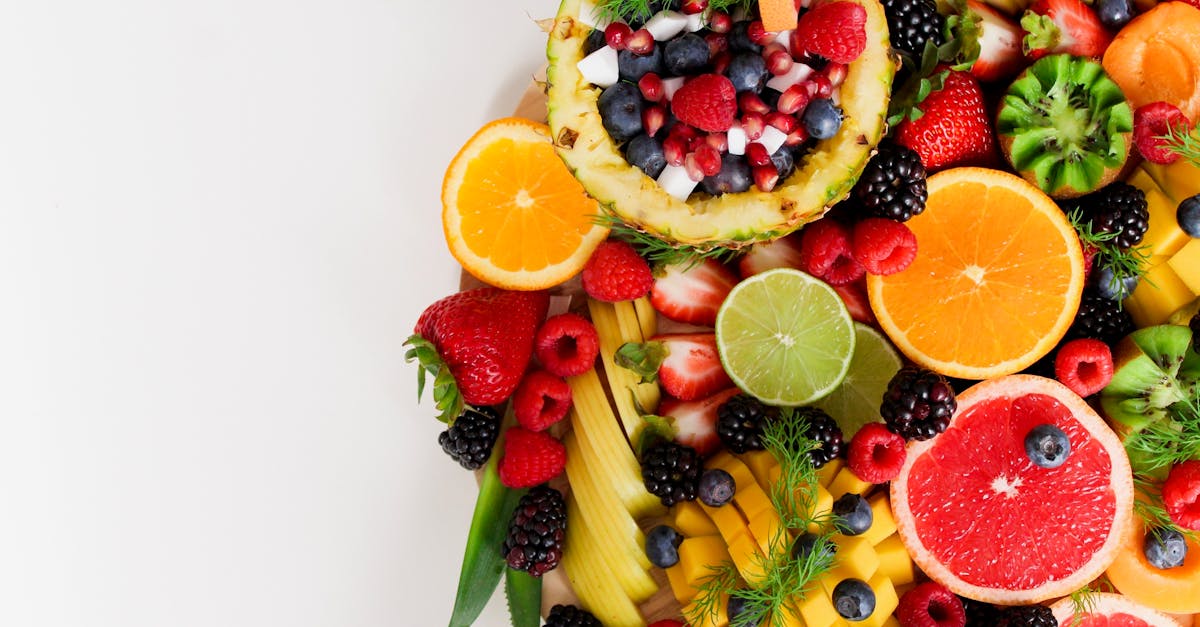Imagine your body as a complex machine, constantly at work to keep you moving and thriving. Just like any machine, it requires the right fuel to function smoothly, especially when it’s on the path to recovery. Nutrition in rehabilitation is that essential fuel, providing your body with the strength and energy it needs to heal and regain its full potential. Whether you are bouncing back from an injury or illness, the right nutritional choices can be the key to accelerating your journey to wellness.
But what exactly makes up an effective rehabilitation diet? It’s not just about eating more protein or popping a multivitamin. It involves understanding how your diet and recovery are intertwined. The intricate balance of vitamins for healing, nutrient timing, and hydration play significant roles in how effectively your body rebounds. Exploring these aspects can help you tailor a diet that supports both your physical recovery and mental health, optimizing your overall well-being.
Ready to dive deeper into how the right nutrition can transform your rehabilitation experience? Stick around to uncover the secrets of building strength and resilience with food. Let’s explore how you can fuel your recovery journey in the most effective way possible.

Photo provided by Laura Villela Beauty Designer | Brasil on Pexels
Within the article
Understanding Nutrition in Rehabilitation
When you’re recovering from an injury or illness, balanced nutrition during recovery is crucial. Your body has different needs as it heals, and meeting these needs can help speed up the process. The right nutrition in rehabilitation means giving your body the fuel it requires to repair tissues and regain strength. You might wonder how diet plays a role here.
Role of Diet and Recovery
First, a healthy diet aids in recovery by providing essential nutrients. These nutrients are the building blocks your body uses to heal. Without them, the recovery process could be slower. Therefore, your diet can make a big difference in how quickly you get back on your feet. Including a variety of foods helps ensure you get everything you need.
Nutritional Therapy Insights
Sometimes, your body needs extra help, and that’s where therapy helps in efficient healing. Nutritional therapy uses specialized diets and supplements to target specific deficiencies or needs. With the right plan, your body can heal more effectively. A professional might even guide you to adjust your diet for optimal results.

Photo provided by Marta Branco on Pexels
Rehabilitation Diet Essentials
You may be wondering what exactly goes into a rehabilitation diet. Let’s explore some of these essentials.
Protein Intake in Recovery
Protein is a key component because it’s essential for muscle repair. Muscles often suffer during injury or illness, and adequate protein helps them rebuild. You can find protein in foods like eggs, fish, beans, and nuts. Ensuring you get enough each day is important for your strength and recovery.
Vitamins for Healing
Vitamins play a crucial role in supporting the body’s repair processes. For instance, vitamin C helps with skin healing, and vitamin D supports bone health. Eating a range of fruits and vegetables can provide these vitamins naturally. If you’re lacking due to food restrictions or preferences, supplements may be helpful.
Anti-inflammatory Foods
Swelling and pain can be part of recovery, but certain foods can help. Anti-inflammatory foods like leafy greens, tomatoes, and berries reduce swelling and pain. Including these in your meals can make you feel better and support healing. It’s a simple way to help your body out.

Hydration and Nutrient Timing
Two other factors that can affect how well you recover are hydration and timing. These might not be the first things you think of, but they’re just as important.
Hydration and Recovery
Water is crucial for every cell in your body. Staying hydrated speeds healing by flushing out toxins and helping nutrient transport. Make sure you drink enough water throughout the day. If plain water isn’t your favorite, herbal teas or flavored water can be good alternatives.
Gut Health in Rehabilitation
Your gut is vital for effective nutrient absorption. A healthy gut ensures you absorb all the nutrients you eat. Foods high in fiber, like whole grains and vegetables, support gut health. Probiotics in yogurt or supplements can also promote a healthy digestive system, helping you get the most out of your diet.
Moving Forward with Confidence
You now understand how essential a well-planned diet is for recovery. By focusing on balanced meals, you support your body’s healing and boost your mental well-being. Proper nutrition can make your rehabilitation journey smoother and more effective. You gain strength, enhance resilience, and improve overall health.
Start by incorporating more nutritious foods into your daily meals. Include proteins, vitamins, and anti-inflammatory foods like leafy greens and berries. Stay hydrated and pay attention to when you eat, matching nutrient intake to your daily energy needs. If needed, consult a nutritionist to tailor a plan just for you.
Taking control of your nutrition gives you the power to improve your recovery. Begin today by making small but impactful changes to your eating habits. Your health journey is in your hands, so take that first step now and embrace a healthier future.
